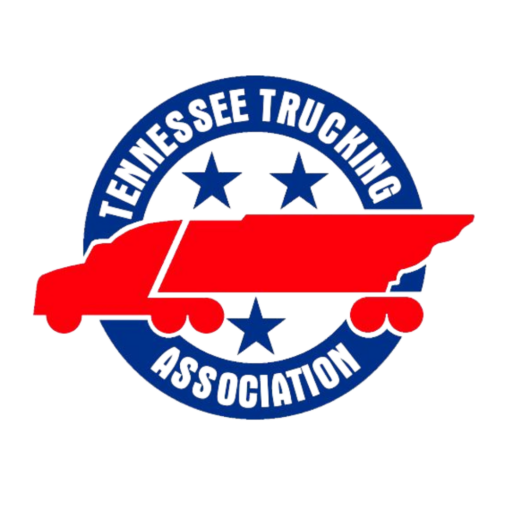Understanding the Impact of Nuclear Verdicts on the Trucking Industry
Understanding the Impact of Nuclear Verdicts on the Trucking Industry
The American Transportation Research Institute recently released comprehensive research that confirms that large verdicts against trucking fleets are increasing dramatically, both in number and in size of awards. ATRI’s research is partially based on a newly created trucking litigation database that provides detailed information on 600 cases between 2006 and 2019. In the first five years of the data, there were 26 cases over $1 million, and in the last five years of the data, there were nearly 300 cases. The number of verdicts over $10 million nearly doubled in that time.
In response to arguments that nuclear verdicts reflect real-world cost increases, the research documents that from 2010 to 2018, the size of verdict awards grew 51.7 percent annually at the same time that standard inflation grew 1.7 percent annually and healthcare costs grew 2.9 percent annually.
The research also surveyed and interviewed dozens of defense and plaintiff attorneys as well as insurance and motor carrier experts, and generated a qualitative analysis for why the litigation landscape has changed, recommendations for modifying pre-trial preparations, litigation strategies and mediation approaches, and how large verdict awards impact both safety and insurance.
At 80+ pages, ATRI’s report is a data-rich analysis with important findings that motor carriers, their defense attorneys and their insurers can implement to mitigate the frequency and size of large verdicts.
Pre-Crash Actions by Motor Carriers are Critical
• Both attorney bars emphasized that crash avoidance is everything and that strictly adhering to safety and operational policies is essential to staying out of court and/or reducing award sizes.
• Almost any failure to adhere to Federal Motor Carrier Safety Regulations (FMCSRs) or company safety policies will be the focus of plaintiff arguments.
• From a litigation standpoint, motor carriers should consider FMCSRs as minimum standards that can and should be exceeded. The ability of defense attorneys to document carrier or driver safety activities that exceed FMCSRs carries great weight with juries.
Litigation Preparation is – and should be – Both Complex and Costly
• Risk Assessments must be thorough and objective. Case vulnerabilities and potential liabilities must be acknowledged, and vetted against realistic financial damage projections.
• The ultimate strategy-driving question internally posed by most plaintiff attorneys and successful defense attorneys is: “what operational, safety or training factors could have prevented the crash in the first place?”
• Experience matters. Both defense and plaintiff attorney bars noted that attorneys inexperienced in trucking litigation are harmful to all parties.
When Mediation and Settling Makes Sense
• There was general agreement that mediation and settlements are missed opportunities, particularly by the defense when they do not believe that negligence by the carrier and/or driver exists.
• If mediation and settlements are pursued, initial offers should be realistic and equitable. Multiple plaintiff attorneys describe the frustration and consequence of initial “low-ball”
